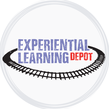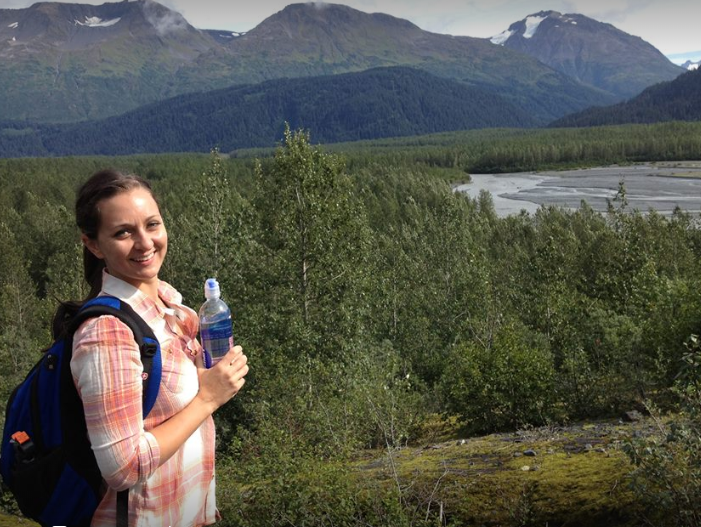|
Experiential learning resources for the innovative educator
I have been involved in educational travel for over a decade - traveling myself, coordinating our high school's travel program, and now building resources for and offering tips to homeschool traveling families, summer high school travel programs, school travel programs, youth groups, and more. This passion and love for learning through travel started in Costa Rica.
I spent a semester of college in Costa Rica. My study abroad group traveled around the country exploring topics in tropical biology. This educational travel experience changed my life so much so that I was determined to teach at a school that had an educational travel program. And this Costa Rica travel experience came around full circle, when I took my high school ecology students back there in 2013.
I've seen the benefits of educational travel, especially for young people. Traveling is an incredible learning experience in itself. But as a high school teacher, I used travel to enhance learning. I used our travel destinations as a resource and learning lab. I have found that the best way to enhance learning while traveling is through project-based learning. I have designed project-based learning experiences for my travel groups, but more often than not, my students do self-directed project-based learning. Each student or small group of students designs and leads their own PBL projects.
What is Project-Based Learning?
I have done an entire blog series on project-based learning, so I won't get too into that here, but if you're interested in the ins and outs of project-based learning, especially self-directed, check out these posts to get you started. Each applies to travel.
Why Project-Based Learning During Travel? There are enormous benefits to using project-based learning as the curriculum for educational travel experiences:
How to Apply Project-Based Learning to Educational Travel
The process of facilitating travel-based PBL is more or less the same as implementing project-based learning in your classroom or home. The difference is in the learning environment and the resources available to students.
Students design their projects around the trip purpose and travel destination rather than their home community. Keep that in mind as you read through the steps of facilitating travel-based PBL. I have an educational travel project-based learning tool kit that I will reference as I work through the steps of facilitating travel-based PBL.
Project Design:
Students will design their projects before they leave on their educational travel adventure.
Project-Prep:
Once students have a purpose, focus, and detailed plan in place, they can begin to prepare for the experience once they have arrived at their destination. Students (or you if you designed the experience) will need to communicate with community experts and research and coordinate authentic learning experiences. Have these detailed ironed out and plans in place BEFORE you arrive at your destination.
On-Site Experiences:
I highly recommend a project-based learning digital planner for these experiences. It is nice to be able to coordinate all student's experiences, needs, meetings, etc. in one location. I have a self-directed project-based learning digital planner sample that you can grab for free!
Free Sample Project-Based Learning Digital Planner
Documentation and Evaluation:
Finalizing project-based learning is an important piece of the process. This is my wrap-up framework:
Looking back over this post I can see how this might feel overwhelming. I get it. My hope is that you try it, because the worst thing that could happen is that there are a few hiccups.
I never expect my students projects to be the gold standard right away. Feeling comfortable with project-based learning, especially when self-directed, takes time. Look at growth above all and just enjoy the experience. If you ever have questions, send me an email. I'm happy to help.
Experiential Learning Depot Educational Travel Resources:
Follow Experiential Learning Depot on Pinterest, Facebook, Youtube, and Instagram for more on experiential education, and check out my TpT store for experiential learning resources.
Did you know there is an experiential learning Facebook group? Check that out - Experiential Learning Community for K12 Teachers - and join in the discussion about experiential learning ideas such as citizen science. Observe. Question. Explore. Share.
0 Comments
Your comment will be posted after it is approved.
Leave a Reply. |
Blog IntentTo provide innovative educational resources for educators, parents, and students, that go beyond lecture and worksheets. AuthorSara Segar, experiential life-science educator and advisor, curriculum writer, and mother of two. Categories
All
|















 RSS Feed
RSS Feed